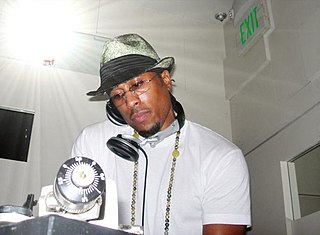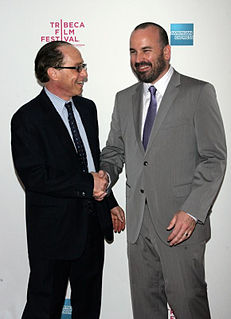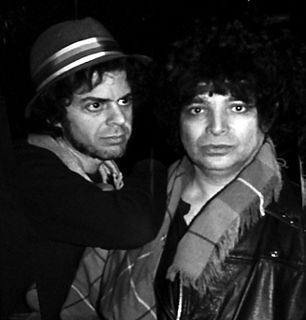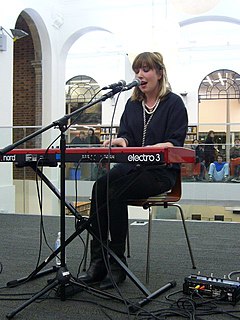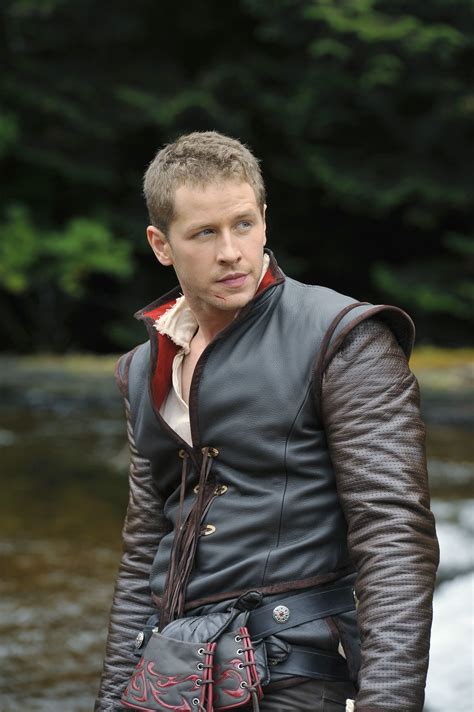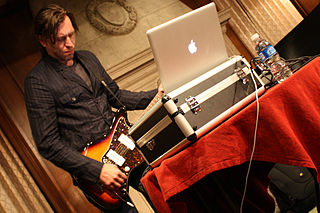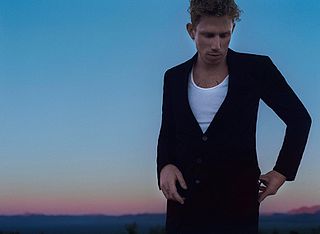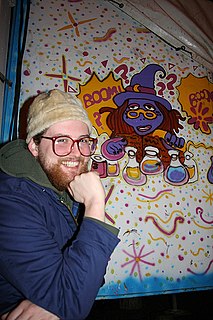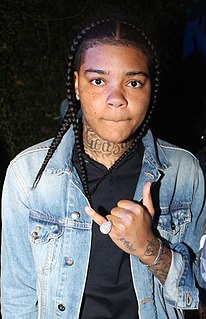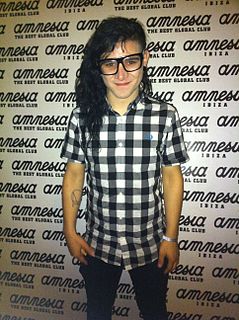A Quote by Ali Shaheed Muhammad
I grew up around electronic instruments. To me, the turntable is an electronic device. At the same time, I had access to drum machines and keyboards through my uncle; then track recorders into computers. At an early age, I was messing with computers more than most hip-hop musicians.
Related Quotes
In some ways it's hard to see electronic music as a genre because the word "electronic" just refers to how it's made. Hip-hop is electronic music. Most reggae is electronic. Pop is electronic. House music, techno, all these sorts of ostensibly disparate genres are sort of being created with the same equipment.
I was listening to a lot of really early house music tracks. Like Chicago house and Detroit. And Marshall Jefferson has a track probably from 1980 - somewhere around there - that doesn't actually have any electronic instruments, no drum machines, nothing. Just a drummer and a piano player and they're playing this house music, but they're actually playing it. I really love that aesthetic and wanted to bring that into the album.
I think that one of the challenges for a parent and myself as a parent is that we live in a very electronic media age. That's obvious to everyone. And I'm not opposed to time on computers or time with television or time with any other electronic media but I think that quiet, thoughtful interaction between one's self, your mind and words is an irreplacable thing.
I started playing guitar at the age of 8 or 9 years. Very early, and I was like already into pop music and was just trying to copy what I heard on the radio. And at a very early age I started experimenting with old tape recorders from my parents. I was 11 or 12 at that time and then when I was like 14 or 15 I had a punk band. I made all the classic rock musician's evolutions and then in the early nineties I bought my first sampler and that is how I got into electronic music, because I was able to produce it on my own. That was quite a relief.
America and Europe are getting closer to each other. In the U.S. you've always had hip - hop, the blues, soul, and rock. For the last decade, there has always been a lot of electronic music in Europe. When I was just at Coachella, I noticed how the music they play there has become electronic, techno, deep house, more European - so I think it's more similar than before.
In our age of individualism, we see computers as ways through which we can express our individuality. But the truth is that the computers are really good at spotting the very opposite. The computers can see how similar we are, and they then have the ability to agglomerate us together into groups that have the same behaviours.
Socially, hip-hop has done more for racial camaraderie in this country than any one thing. 'Cause guys like me, my kids - everyone under 45 either grew up loving hip-hop or hating hip-hop, but everyone under 45 grew up very aware of hip-hop. So when you're a white kid and you're listening to this music and you're being exposed to it every day on MTV, black people become less frightening. This is just a reality. What hip-hop has done bringing people together is enormous.
Touch-screen voting machines absolutely cannot be relied upon. Our recommendation was optiscan ballots - where you actually have custody of the actual ballots after the ballots have been passed through the computer. That's the most reliable system to use. And people should not use the electronic voting machines. Even electronic voting machines with paper trails can be manipulated.
